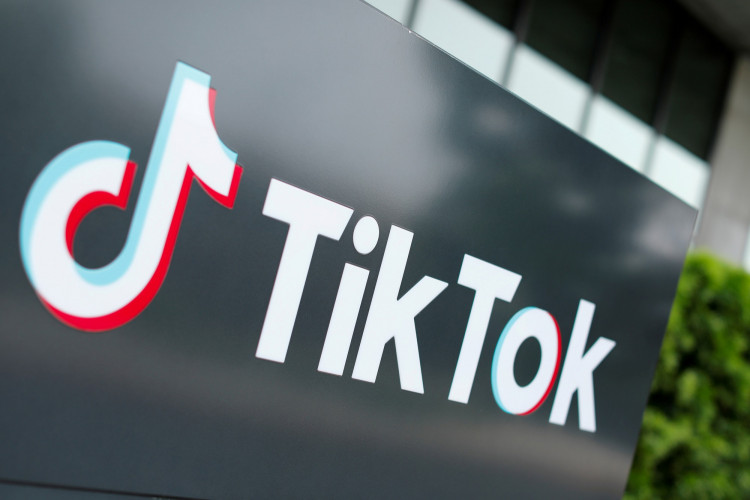As the most recent U.S. Republican to take action against TikTok, Maryland Governor Larry Hogan issued an emergency directive on Tuesday forbidding the use of the Chinese-owned short-video sharing app TikTok on state government devices and networks.
South Dakota Governor Kristi Noem signed an executive order last week prohibiting state workers and contractors from installing or using TikTok on state-owned devices, and South Carolina Governor Henry McMaster requested a state agency to prohibit TikTok from being used on state-owned computers and phones on Monday.
Executive branch organizations in Maryland are required to remove the products from state networks and restrict access. According to TikTok, the worries that led to state bans were mostly fueled by false information.
Hogan imposed a ban on a wide range of items and platforms with Chinese and Russian influences because, in his words, they pose an "unacceptable level of cybersecurity risk to the state." Additionally included in Hogan's order are products from Alibaba, Huawei Technologies, ZTE Corp., Tencent Holdings' WeChat, QQ, and QQ Wallet, as well as Kaspersky Lab in Russia. Republican Federal Communications Commission member Brendan Carr applauded Hogan's action, saying it will "protect Maryland from the threats posed by malign foreign actors."
"We are disappointed that the many state agencies, offices, and universities that have been using TikTok to build communities and connect with constituents will no longer have access to our platform," the company said.
The FBI Director Chris Wray highlighted national security concerns about TikTok's U.S. activities last month, warning of the possibility that the Chinese government may use the video-sharing app to influence users or take control of their devices. The popular app, which is controlled by ByteDance, may also be used by Beijing to "control software on millions of devices," giving it the opportunity to "technically compromise" those devices, Wray continued.
Due to concerns that U.S. user data would be transferred to Beijing, the government's Committee on Foreign Investment in the United States (CFIUS), which assesses foreign purchases of U.S. assets for potential national security threats, ordered ByteDance to divest TikTok in 2020.
To secure the data of TikTok's more than 100 million U.S. users, CFIUS and TikTok have been negotiating a national security agreement for months. However, according to sources, it seems doubtful that a deal will be achieved before January.
In September, TikTok executive Vanessa Pappas informed lawmakers that the company was moving closer to reaching a definitive settlement with the U.S. government.






